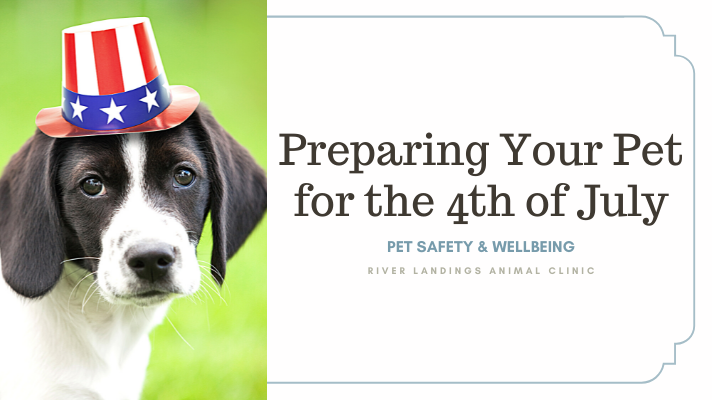Nothing can spoil holiday cheer like an emergency visit to a veterinary clinic. These seven tips can help prevent a holiday disaster with your pets.
7 Ways to Make The Holidays Safer for Pets
Keep people food out of the reach of your pet, and ask your guests to do the same.
Make sure your pet doesn't have any access to treats, especially those containing chocolate, xylitol, grapes/raisins, onions or other toxic foods.
Don't leave your pet alone in the room with lit candles, a decorated tree or potpourri.
Keep holiday plants (especially holly, mistletoe and lillies) out of reach of pets.
Consider leaving the tinsel off your tree if you have a cat.
Secure your Christmas tree to keep it from falling over if your dog bumps it or your cat climbs it. Hanging lemon-scented car air fresheners in the tree may deter your cat from climbing it.
Provide a safe place for your pet to escape the excitement (such as a kennel, crate, perching place, scratching post shelf or hiding place) if you’re entertaining guests. If your pet is excitable or scared, consider putting your pet in another room with some toys and a comfortable bed.
Plan in advance
Make sure you know how to get to your 24/7 emergency veterinary clinic before there's an emergency. Talk with your veterinarian in advance to find out where you would need to take your pet, and plan your travel route so you're not trying to find your way when stressed. Always keep these numbers posted in an easy-to-find location in case of emergencies:
Your veterinarian's clinic phone number
24/7 emergency veterinary clinic
ASPCA Poison Control Hotline: 1-888-426-4435 (A fee may apply.)
If you’re a client of ours at River Landings Animal Clinic, additional numbers to make note of are:
Animal ER - (941) 355-2884
Vet Care Express Animal Ambulance - (941) 592-5131
24/7 Pet Poison Control Center - (855) 764-7661
Hear From Us Again
Don't forget to subscribe to our email newsletter for more recipes, articles, and clinic updates delivered straight to your e-mail inbox.




